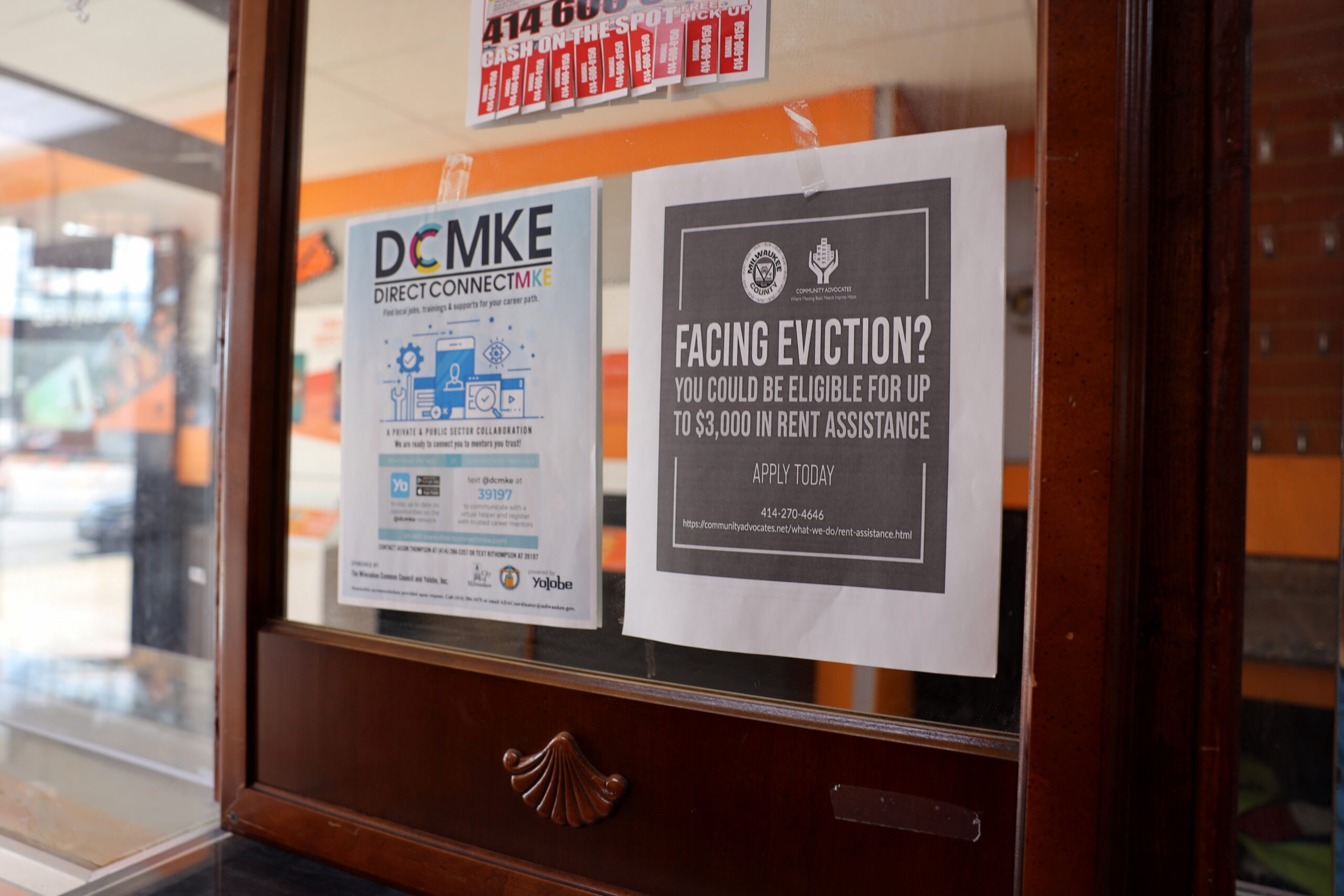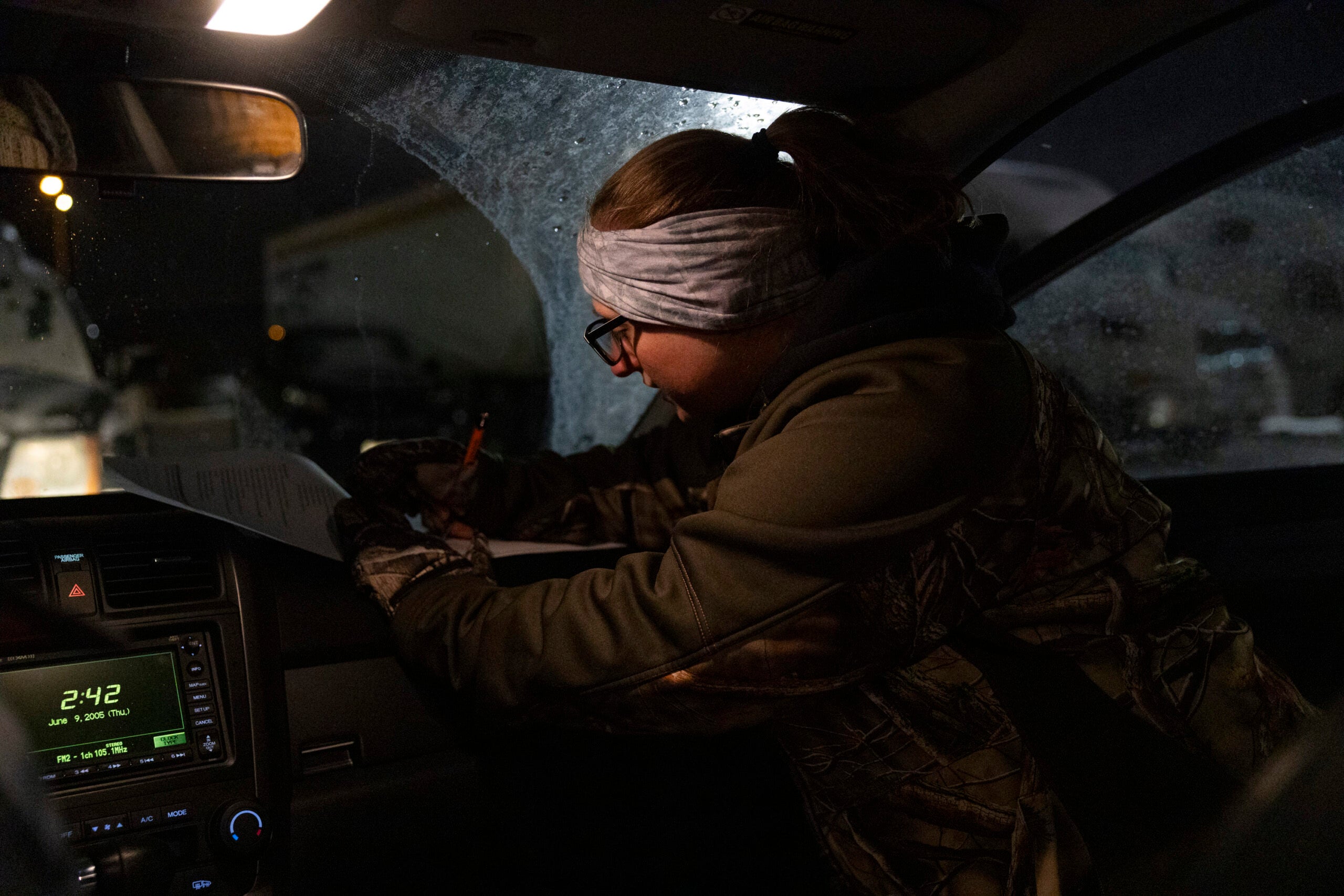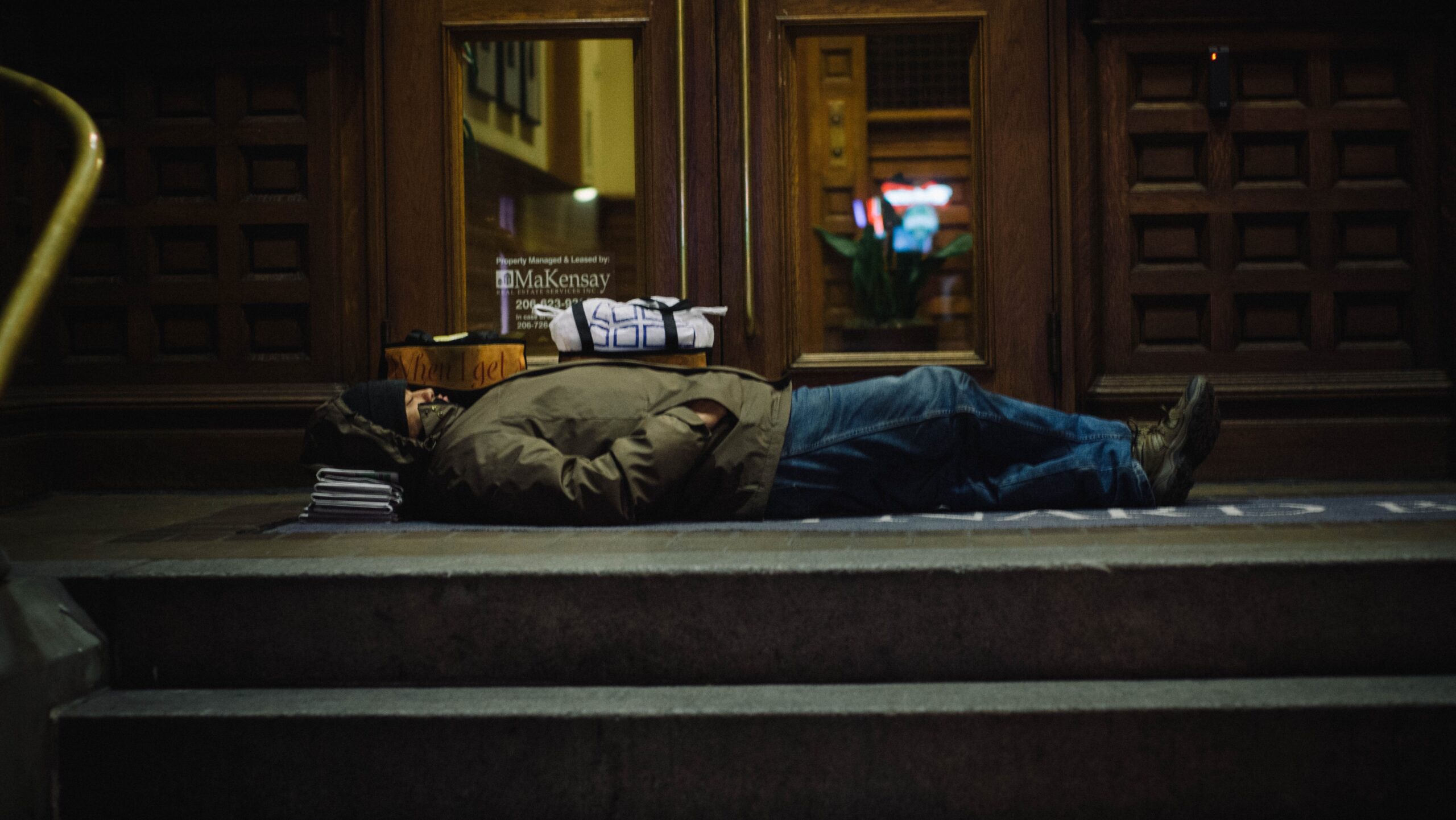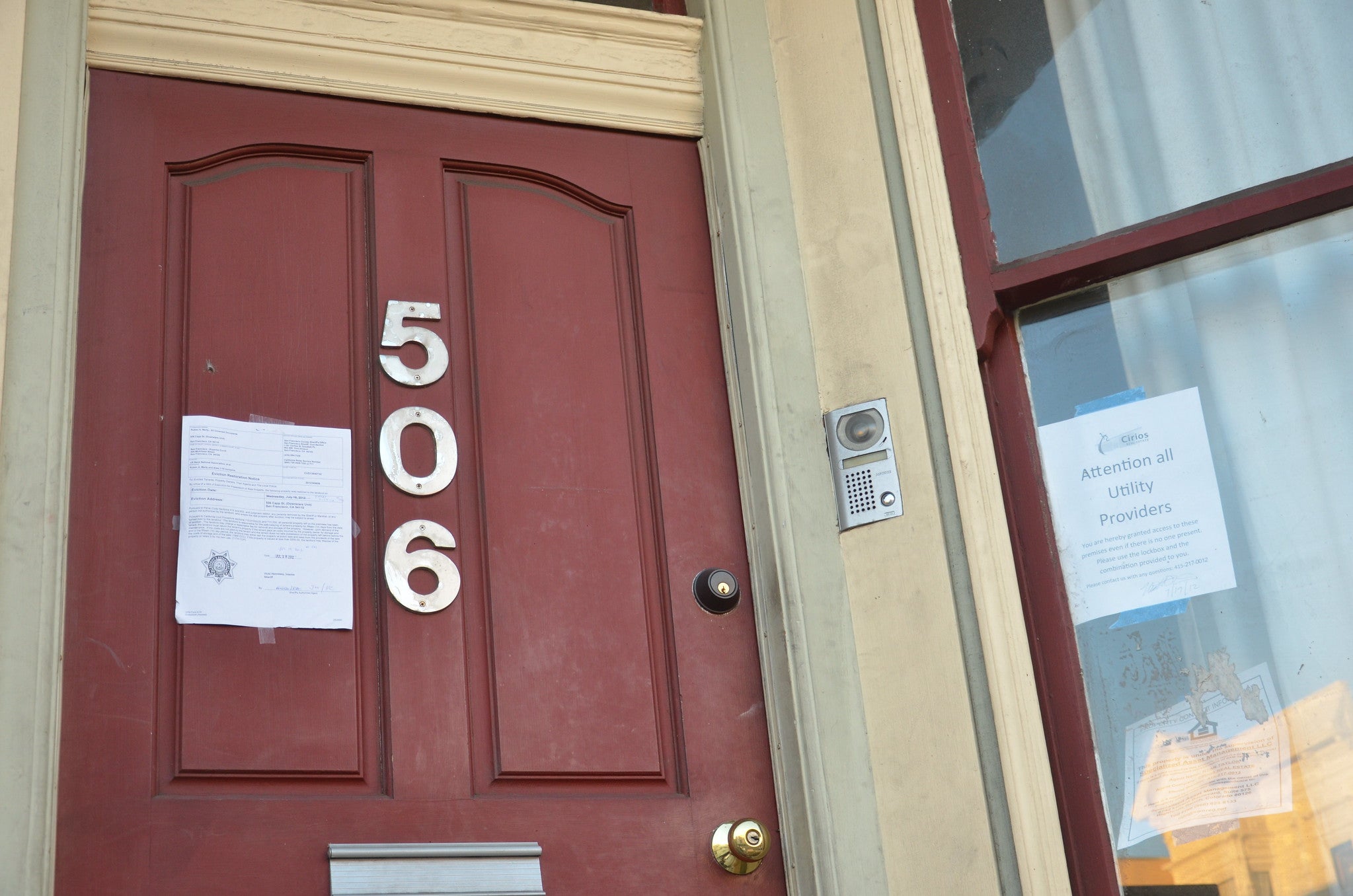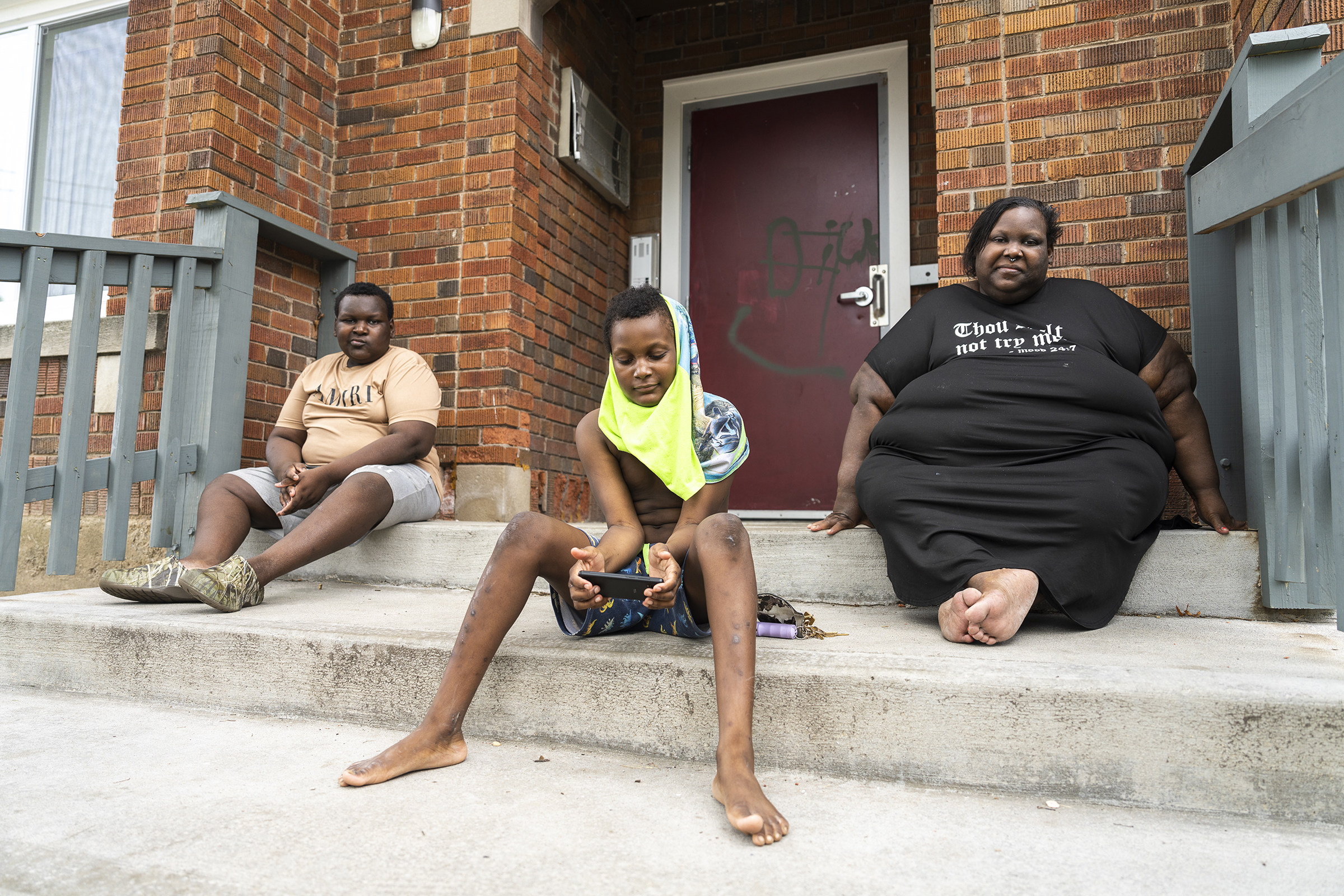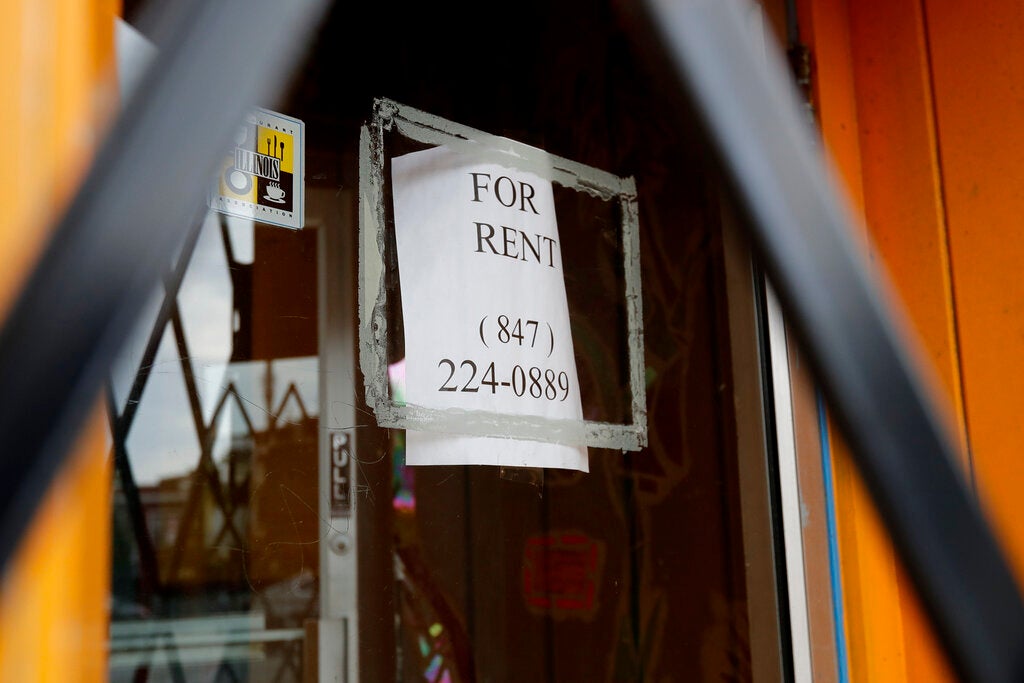The federal government on Sept. 4 published an emergency order to halt residential evictions through the end of 2020.
Issued by the U.S. Centers for Disease Control and Prevention, the moratorium seeks to curb the spread of COVID-19 and seasonal influenza — and lower risk of overcrowding homeless shelters in fall and winter.
Stay informed on the latest news
Sign up for WPR’s email newsletter.
What does that mean for Wisconsin renters who may be struggling to make payments because of the pandemic?
Here is what you need to know.
Do I have to pay rent?
The short answer is yes, even if you lost your job because of COVID-19. The federal order stopped evictions, but it did not suspend rent, and renters will be responsible for back rent once the order is lifted.
“Rent is still due,” said Deb Heffner, housing strategy director of the nonprofit Community Advocates. “Rental assistance programs are still operating.”
Community Advocates received $7 million from the federal Coronavirus Aid, Relief, and Economic Security (CARES) Act to assist families in Milwaukee County who face eviction or are behind on rent due to a COVID-19-related loss of income.
Tenants must have made every effort to avoid an eviction to qualify for a reprieve under the moratorium, Heffner said.
“What we don’t want to see is people being evicted as soon as the order is lifted,” she added.
Will I be evicted if I don’t pay this month?
Yes, unless you submit a declaration form to your landlord. You can find that here. Signing and submitting that form can prevent you from being evicted until after Dec. 31.
How do I qualify?
The eviction moratorium applies to those who:
Have tried their best to obtain all available government assistance for rent or housing.
Either expect to earn less than $99,000 this year (or less than $198,000 if filing a joint tax return), were not required to report any income in 2019 to the federal Internal Revenue Service or received a federal stimulus check.
Cannot pay full rent or housing payment due to loss of household income, loss of hours of work or wages, layoffs or extraordinary out-of-pocket medical expenses.
Are doing their best to pay what they can on their rent.
Would likely become homeless, need to move into a homeless shelter or need to move into a new residence shared by other people who live in close quarters due to a lack of other housing options.
What if someone violates the CDC order?
Pedro Hernandez, community redevelopment attorney of the Legal Aid Society of Milwaukee, said violators can face criminal penalties.
For a tenant, this would mean “lying about their situation,” Hernandez said. “For a landlord or company, it would be disregarding the order.”
He said evictions do not often result in someone going to jail, but penalties for violating this order include a year in jail, a fine of no more than $100,000 or both.
Can I be evicted for non-rent reasons if I qualify for the moratorium?
Yes. You can still be evicted for reasons unrelated to rent, including:
Engaging in criminal activity while on the premises.
Threatening the health or safety of other residents.
Damaging or posing an immediate and significant risk of damage to property.
Violating building code or anything relating to health and safety.
Violating any other contractual obligation, other than the timely payment of rent.
What aid groups can I consult?
Try these:
Community Advocates rent helpline: 414-270-4646.
Legal Aid Society of Milwaukee: 414-727-5300.
Mediate Milwaukee: 414-939-8800.
Legal Action of Wisconsin: 855-947-2529.
Social Development Commission: 414-906-2700.
Where can I find more information for renters?
Check out our Instagram and web stories:
Milwaukee residents can also connect with a reporter through News414, a project of Wisconsin Watch, Milwaukee Neighborhood New Service. Text MKE to 73224 to give it a try.
A version of this story was originally published by Milwaukee Neighborhood News Service. The nonprofit Wisconsin Watch collaborates with Wisconsin Public Radio, PBS Wisconsin, other news media and the University of Wisconsin-Madison School of Journalism and Mass Communication. All works created, published, posted or disseminated by Wisconsin Watch do not necessarily reflect the views or opinions of UW-Madison or any of its affiliates.
